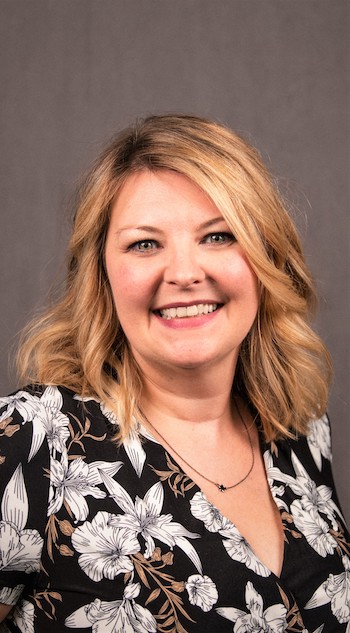-
Academics
- Academics Overview
-
Undergraduate
- Undergraduate Overview
- Agricultural Education
- Early Childhood Education, B.A.
- Elementary Education, B.A.
- Middle Level Education, B.S.
- Mathematics Teaching, B.S.
- Modern Languages Education, B.A.
- Special Education, B.A.
- Secondary Education, B.A.
- Science Teaching, B.S./B.A.
- Athletic Leadership Minor
- Human Capital Education and Development
-
Master's and Specialist Programs
- Master's and Specialist Programs Overview
- Athletic Leadership (Online)
- Counselor Education
- Educational Leadership
- Human Resource Development
- Learning Sciences
- Literacy (Online)
- Middle Level Education, MAT
- Modern Languages, MAT
- Secondary Education, MAT
- Special Education (Online)
- Student Affairs
- Teaching and Learning (Online)
- Teaching and Learning, Ed.S.
- Doctoral Programs
- Certificates | Endorsements | Licensure
- Expressway to Tiger Town
- Teaching Fellows
- Research
- Programs
- Students
- About


Nicole Bannister
Associate Professor, Mathematics Education
Office: Gantt Circle 403
Phone:
Email: nbannis@clemson.edu
Vita: Click Here
Educational Background
Ph.D. Learning Sciences
University of Washington 2009
M.S. Mathematical Sciences
Clemson University 2001
B.S. Mathematics
College of Charleston 1999
Profile
Nicole studies and supports mathematics teachers to learn practices that draw on students’ assumed strengths and challenge deficit- based thinking. She theorizes her work socially, specifically focusing on communities of practice as robust settings for learning and frame analysis methods for analyzing teacher understandings of the student experience over time. Her work, which contributed the first known empirical example of within- group teacher learning using social theories of learning, has been published in the Journal of the Learning Sciences, Journal for Research in Mathematics Education, Journal for Technology and Teacher Education, Journal for Mathematics Teacher Education, and elsewhere. Her current research projects expand these results to studies of individual learning, rural locales, university settings, and geometry contexts. She received special recognition in 2014 as an AMTE Service, Teaching, and Research (STaR) Fellow, and presently serves as a co-PI projects funded by both the National Security Agency and the National Science Foundation.
